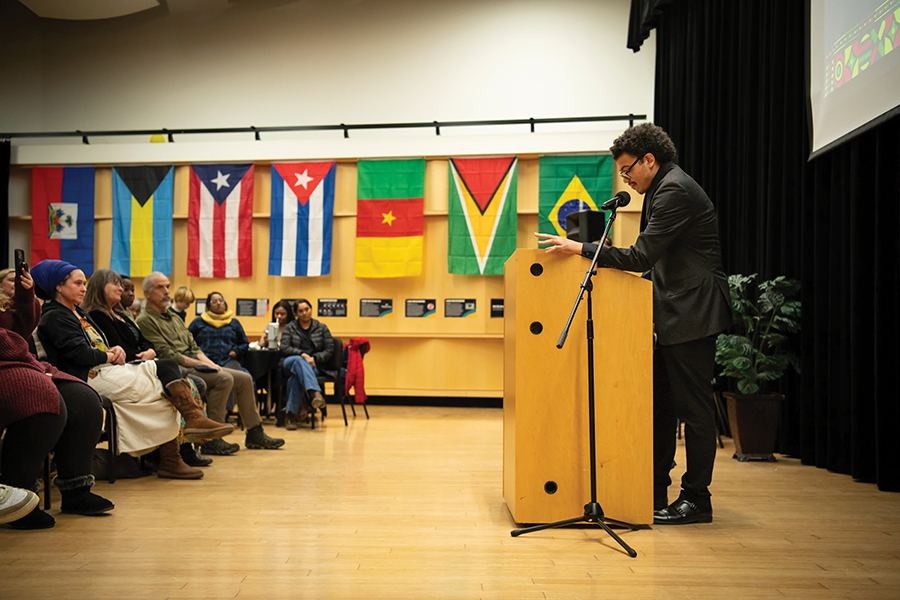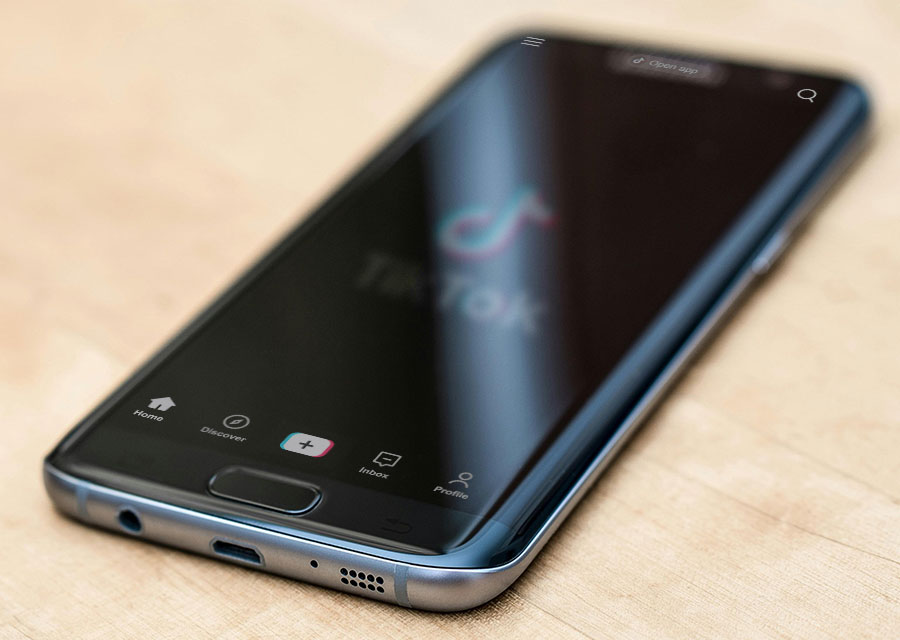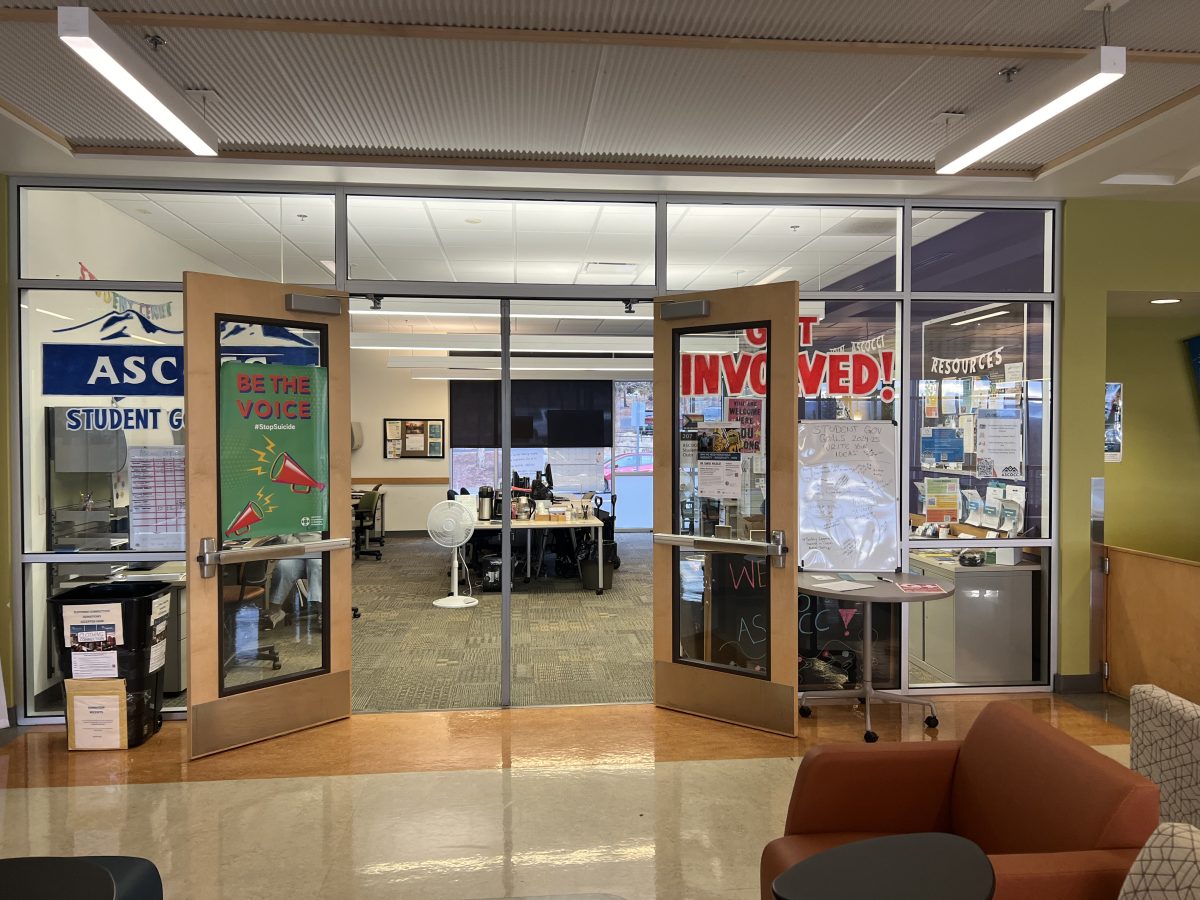As social media becomes more commonplace, the spread of information has unfolded rapidly as well. Everyone has a platform to share their opinion. Throughout most of human history, spreading information this fast would have been very hard to accomplish. Impossible, even.
Yet everyday we absorb information like a sponge. Information from the most trivial to the most tragic is funneled to us everywhere we go. This juxtaposition has made it hard to decipher the truth. Because of this, we live in a world of half-truths.
A half-truth is a statement that only takes a portion of what is true and fills in the blanks like an ethical mad lib. The lack of accountability online has only made this issue worse. Everyone can be their own reporter without having to face the consequences of their actions. People can say things online to hurt or accuse others- even when it is only a fraction of the overall story.
Of course, this is nothing new. Mob mentality, echo chambers and cancel culture are all words to describe this phenomenon. That brings up the question, how much does the truth matter?
People like to hear what they want to hear. No matter how many statistics or facts you may throw at someone, if they are not willing to listen the point is moot. If you tell someone they are wrong, their first instinct may be to double down on what they believe. If they do agree with you, they may only take bits and pieces of what you said to fit their own agenda.
Why should they listen to what you say when a group of people online will agree with them? To say this is frustrating would be an understatement. Social media is like shouting in the middle of a busy street. Sure there may be a lot of people around, but a majority of them will not care what you say.
People get so caught in what the information is about, but never why people feel the way they do. We all want to feel like we belong. There is nothing wrong to wanting to be understood, but it can tend to cloud our judgement. While it may be easy to show hatred to those that disagree with you, it is even harder to spread compassion to those who are not willing to accept it.
In the six months I have worked on The Broadside, it has become very clear that every story has two or more sides to it. As a journalist it is extremely hard to be unbiased, not just in terms of how I feel but also the types of sources I ask when writing an article. How can an article be completely unbiased when it was interesting enough to write about in the first place?
While The Broadside is a small news organization in the grand scheme of things, we still have the responsibility to provide COCC students with the most accurate version of the news. Having this accountability keeps us in check. But we are not perfect. The combined perspectives of everyone on our staff does not even come close to understanding the complexity of our audience. That is why this platform matters, to let the student voice be heard as clear as it can be.
(Luke Reynolds/The Broadside)














